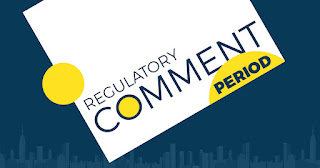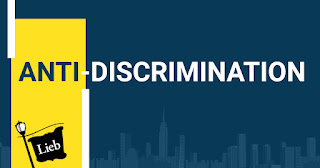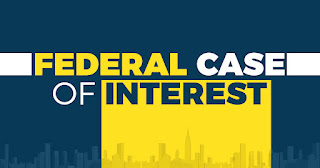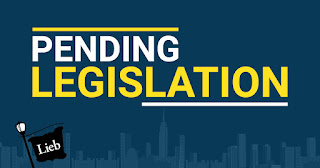On May 25, 2022, the NYS Division of Human Rights proposed 9 NYCRR 466.16, which will require any entity that administers any public housing program or assistance to provide a detailed notice of rights from source of income discrimination. The enabling statute, Executive Law 170-e, explains that an entity that administers includes "any state, county, municipal or other governmental entity. . . or any agency or instrumentality of such an entity, and any public or private non-profit entity authorized to administer any public housing program or assistance."
Specifically, "[t]he notice is to advise individuals of their right to nondiscrimination based on lawful source of income in housing pursuant to Human Rights Law section 296.2-a (publicly-assisted housing) or Human Rights Law section 296.5 (private housing)" pursuant to the regulation.
The notice must be provided as follows:
- Current recipients must receive notice within 30 days after the effective date of the regulation;
- Future recipients must receive notice "upon notification such individual qualifies for the voucher or assistance";
- "In writing, and in 14 point... font";
- Electronically is permissible by a link to the notice; &
- On all websites administered by the entity.
KNOW YOUR LEGAL RIGHTS AS A RECIPIENT OF HOUSING ASSISTANCE
By law, you are protected from housing discrimination.












